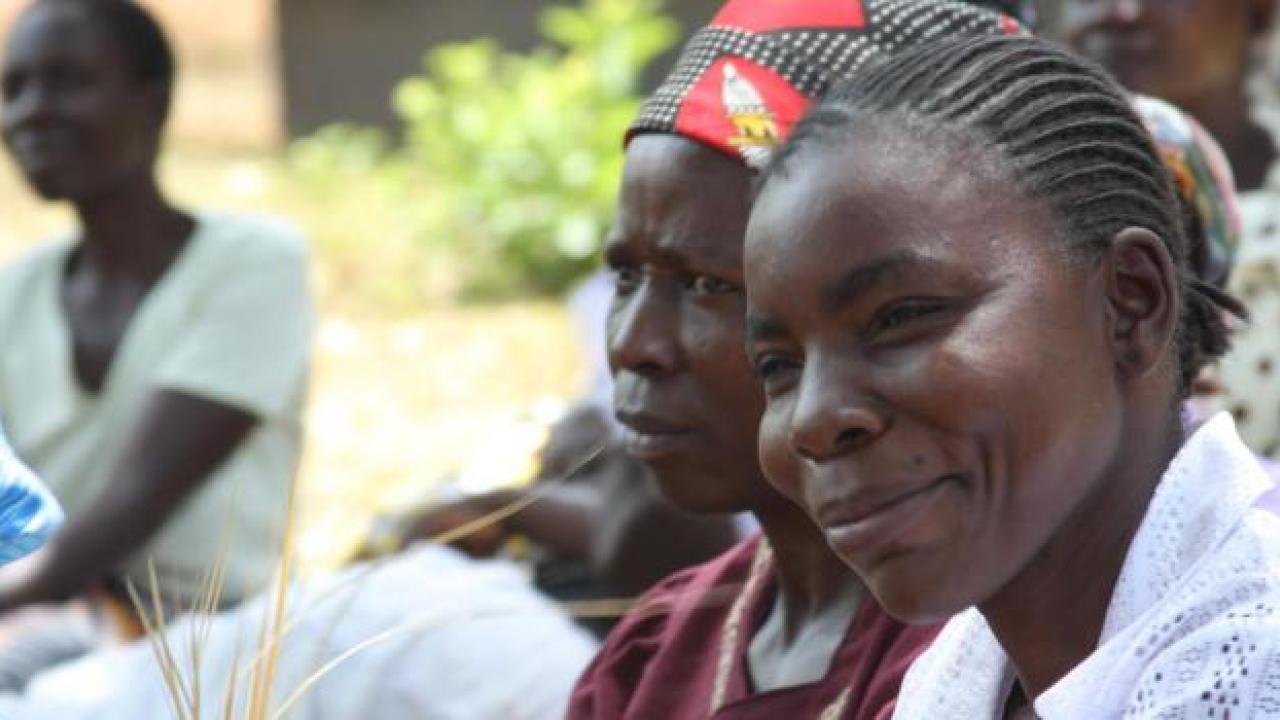
Accelerating Research on Resilience for Rural Families Worldwide
The year 2020 was a year of unprecedented challenges. Climate-related disasters such as heavy rains and locust swarms in Eastern Africa and drought across much of the arid Sahel were outweighed by the global catastrophe of the COVID-19 pandemic. The accumulation of regional and global catastrophes in a single year shows how fragile progress against poverty and hunger can be. Promoting resilience, so families can hold onto any gains made, is increasingly critical.
The Feed the Future Innovation Lab for Markets, Risk & Resilience at the University of California (UC), Davis, puts inclusive empowerment and resilience at the very center of our research program. Launched in July 2019 by USAID, the lab builds upon a foundation of field studies and theoretical work to help families and communities build resilience to no only perennial threats like a drought, but also against unforeseen shocks like the COVID-19 pandemic.
In 2020, we launched a number of research projects and initiatives that establish our foundation for impact in the years to come. Our new projects field-test some of the best ideas and innovations in rural markets, agricultural risk and resilience. We have also been strengthening networks of researchers and organizations at work on these critical challenges. Here are some of our 2020 highlights.
New research projects field-testing resilience innovations
Our first 12 projects improve on some of the proven tools to benefit rural families or build and test new ones. The innovations include seed genotyping, a picture-based audit for insurance, digital loans, property rights and payments for ecosystem services among many others. These projects are led by world-renowned researchers at leading universities who are fellows of the National Bureau of Economic Research (NBER), the Bureau for Research and Economic Analysis of Development (BREAD) and the Institute for the Study of Labor (IZA), as well as a Nobel Laureate.
New initiative jump-starts Africa-based research leadership
In May, the MRR Innovation Lab partnered with Kenya-based International Centre for Evaluation and Development (ICED) to launch the five-year, $6 million Advancing Local Leadership, Innovation and Networks (ALL IN) initiative to mobilize and support research leadership in Africa in partnership with U.S. institutions. This USAID-funded initiative meets a high and growing demand for research funding among African researchers while increasing the capacity of African research institutions to generate local solutions with an established pathway toward making an impact on national policymaking.
Improving the development response to COVID-19
The MRR Innovation Lab quickly launched two projects with support from USAID that measure how the COVID-19 pandemic is affecting rural families, as well as whether existing development programming has made them more resilient. In Kenya, we have added a survey to our ongoing research in Samburu that pairs the BOMA Project’s poverty graduation program with livestock insurance from the International Livestock Research Institute (ILRI). In Nepal, we are building on prior USAID-supported research in partnership with Heifer International to measure whether its livestock transfer and training programs have made families more resilient during the pandemic.
Research to generate Resilience+
Resilience+ is the idea that reliable risk-management tools benefit families by making them more immediately able to withstand a shock while encouraging them to invest for higher incomes. New MRR Innovation Lab projects further refine how development programming can most effectively generate Resilience+. We have teams returning to prior research sites in Bangladesh and Mozambique to measure the lasting impacts of programs, even in the wake of a disaster. Our teams are also testing new innovations that have a strong chance of generating Resilience+, such as improved index insurance and new approaches to microfinance.
